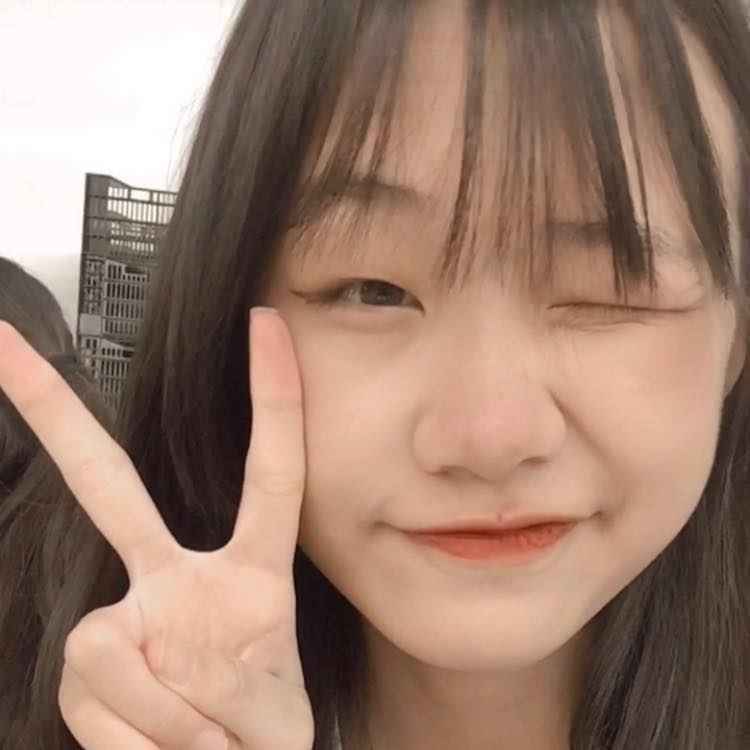IV. There is one mistake In each sentence. Find, circle and correct the mistake.
1. My parents will to give us lucky money in red envelopes. __________________
2. In New Year’s Eve, each family kills a rooster. __________________
3. Before Tet, my mother go shopping to buy some new clothes. __________________
4. April is the hotter time of the year in Thailand. __________________
5. People have a lot of firework at Tet. __________________
6. I write again soon to tell you more! __________________
7. Children should fight each other at Tet. __________________
8. They believe that the first footer decides the family’s lucky. __________________
V. Write the correct form or tense of the verbs in brackets.
1. Vietnamese people _______________ (celebrate) the Lunar New Year every year.
2. This Tet, my family _______________(not buy) Chung cakes. We will make them.
3. Look! Mr. Quang _______________ (repaint) his house to welcome Tet.
4. You shouldn’t _______________(wear) white clothes on the first day of Tet.
5. People spend a few days _______________(clean) their houses before Tet.
6. Tet _______________(occur) in late January or early February.
7. _______________ (they/ give) a New Year party this weekend?
8. Phong loves _______________(eat) traditional food during Tet.
VI. Choose the correct answers to complete the passage.
New Year is one of the most important (1) ________ in the United States. On New Year’s Eve, most people go to the parties. At twelve o’clock at night, everyone says “Happy New Year” and they (2) ________ their friends and relatives good luck. New Year’s parties usually last a long time. Many people don’t go home (3) ________ morning. Another holiday, Halloween, is mainly for children. On this holiday children (4) ________ as witches, ghosts or other characters. Most children go (5) ________ house to house and say “Trick or Treat”, asking for candy or fruit. If the people at the house do not give them candy, the children will play a trick on them. But this (6) ________ ever happens. Most people give them candy or fruit.
1. a. competitions b. festivals c. decorations d. traditions
2. a. wish b. exchange c. bring d. play
3. a. in b. on c. for d. until
4. a. put b. make c. dress d. set
5. a. from b. in c. to d. for
6. a. mostly b. hardly c. usually d. always
VII. Read the text carefully. Then answer the questions.
Lunar New Year, or Tet, is the biggest and most important festival in Vietnam. Tet often falls between late January and early February.
A great deal of excitement still builds up well before Tet. Streets are decorated with colouredlights and red banners. Shops are full of goods. People are busy buying gifts, cleaning and decorating their houses and cooking traditional foods.
Homes are often decorated with plants and flowers at this time. Peach blossom is traditional at Tet in the North while apricot blossom is traditional in the South. One of Tet’s most special foods is bank chung, which is made of sticky rice, green beans and fatty pork.
On the days of Tet, people visit other family members or friends and they exchange New Year’s wishes. Children receive their “lucky money” inside red envelopes. Many people go to pagodas to pray for a happy new year for themselves and their families. Both children and adults take part in games and various forms of entertainment. Tet is really a time of fun and festivals throughout the country.
1. When does Tet occur?
___________________________________________________________________________
2. What do people do to prepare for Tet?
___________________________________________________________________________
3. Where is apricot blossom the symbol of Tet?
___________________________________________________________________________
4. What is Banh Chung made of?
___________________________________________________________________________
5. What do children receive during Tet?
___________________________________________________________________________
6. On the days of Tet, what do Vietnamese people go to pagodas for?
___________________________________________________________________________
VIII. Rewrite these sentences, using must, mustn’t, should, shouldn’t.
1. Parking in this street is prohibited.
You _______________________________________________________________________
2. It’s not a good idea to swim immediately after a meal.
You _______________________________________________________________________
3. It’s really important to take this medicine three times a day.
You _______________________________________________________________________
4. It’s a good idea to listen to the weather forecast before going camping.
You _______________________________________________________________________
5. It’s a good for you to take exercise every day.
You _______________________________________________________________________
6. It’s very important not to drink the water there. It will make you ill.
You _______________________________________________________________________
7. It’s not good to eat lots of sweets.
You _______________________________________________________________________
8. It’s against the rules to use your mobile phone in class.
You _______________________________________________________________________


I. There is one mistake In each sentence. Find, circle and correct the mistake.
1. Before Tet, my mother go=>goes shopping to buy some new clothes. __________________
2. April is the hotter=>hottest time of the year in Thailand. __________________
3. Children should=>shouldn't fight each other at Tet. __________________
4. Mount Everest is the most=>x highest mountain in the world. __________________
5. Da Nang is very interested=>interesting. I really like it. _________________
6. You look tired. You should=>should not work so hard. ________________
7. If you read more, your vocabulary will get gooder=>better every day. _______________
8. There is some rice, but there isn’t a=>any meat. _______________
9. I am often playing=>often play football on Saturdays. __________________
10. My children doesn’t=>don't like reading. __________________
11. We have=>are having breakfast now. __________________
12. Ann gets up at 6 o’clock and is having=>has breakfast every day. __________________
13. I’m sorry I don’t have time. I cook=>am cooking dinner. __________________